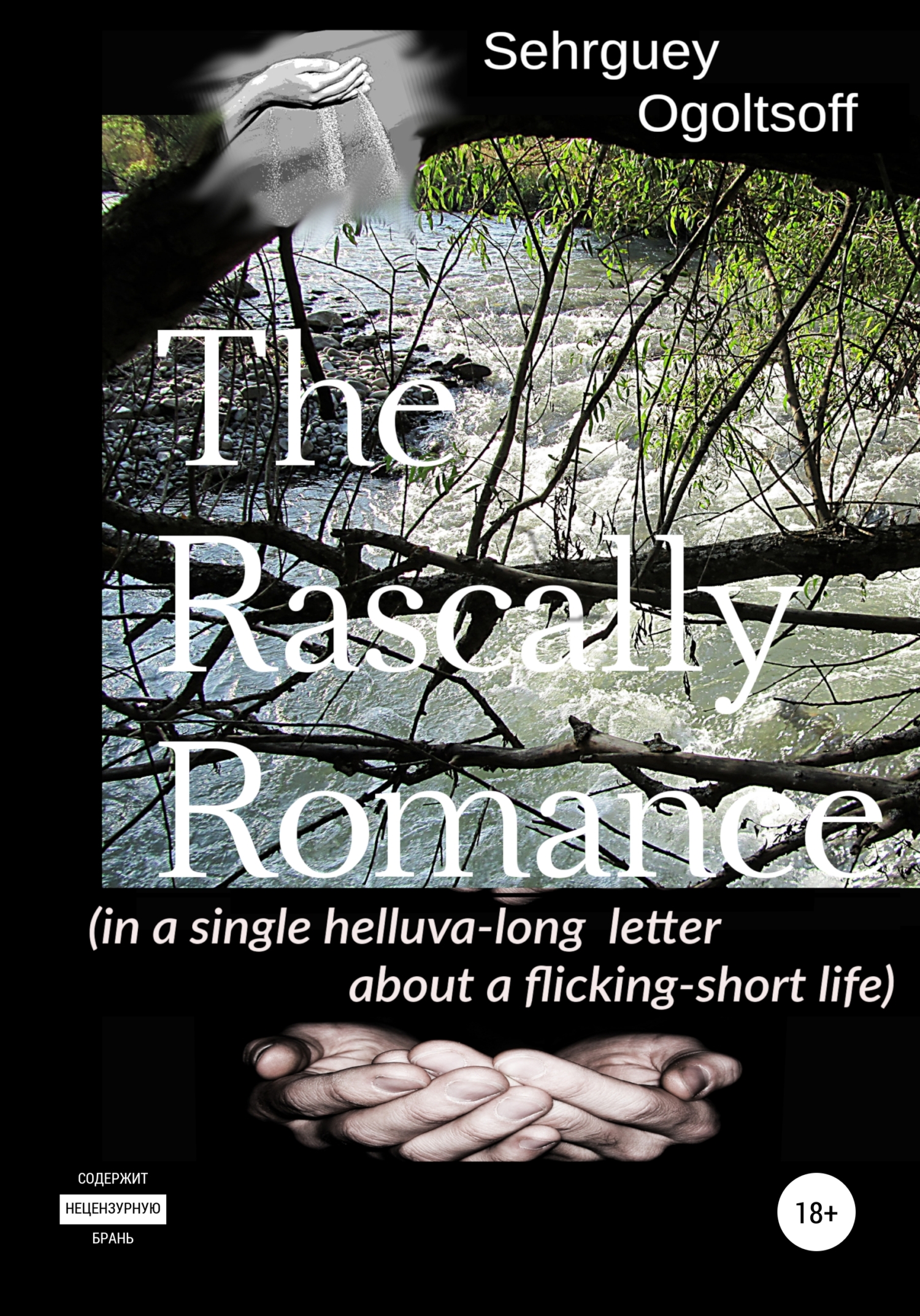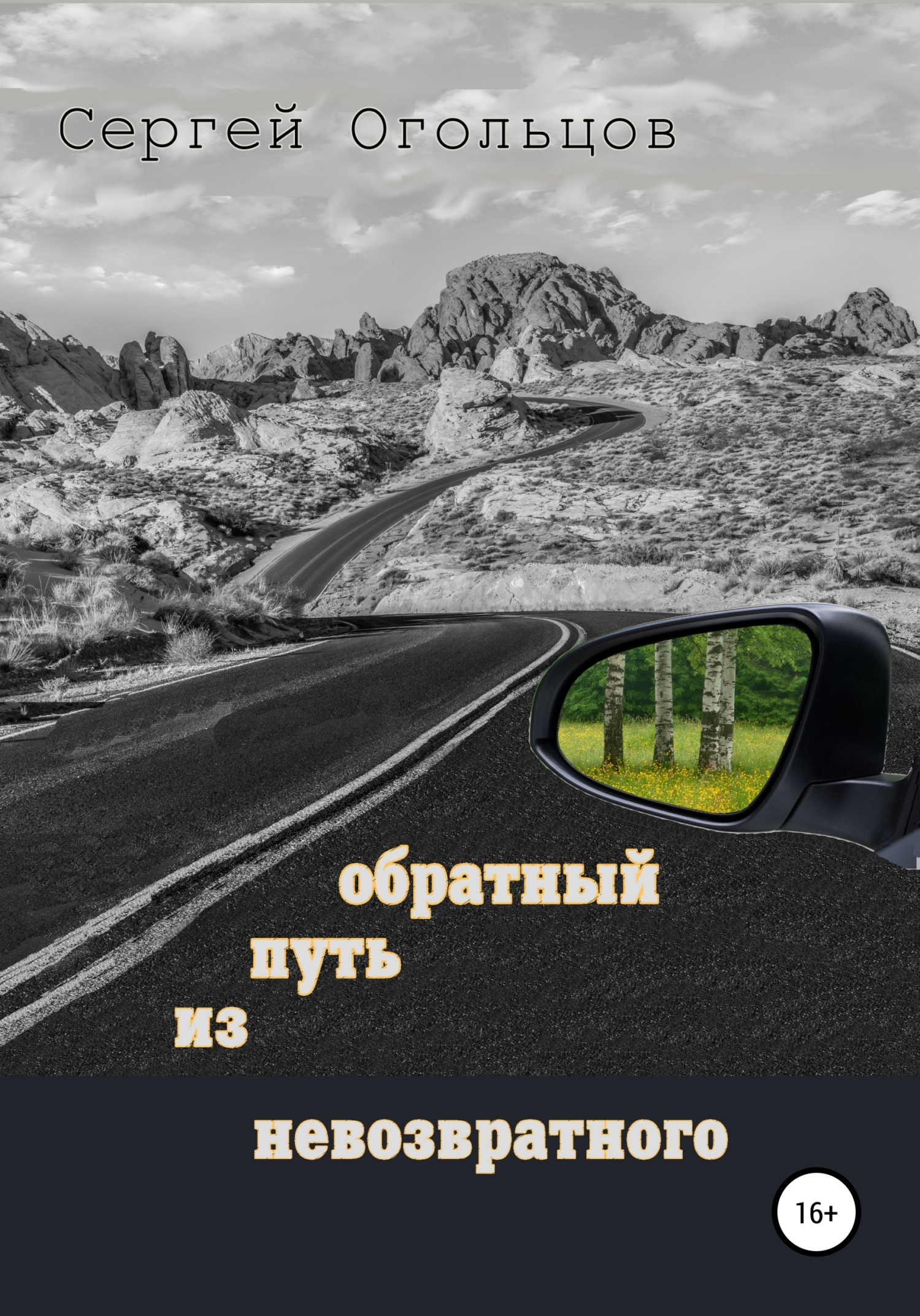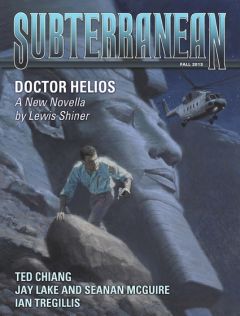bought a silver string for 25 rubles. To fix it with a fitting case, I purchased a round lacquered powder box with an ornament for 5 rubles plus, however, that was from The Souvenirs section at the Department Store…
Collecting the typewritten pages of the last story, I gave Valya the powder box and asked to look under the lid. She picked up from it a long thin string of white metal.
"Melchior?" inquired the typist from the next desk. I did not explain anything to anyone: whoever wanted would find a way to check what was of what… That month, the alimony to Nezhyn and Konotop again nosedived to 15 rubles each…
A couple of days before May Day, I again felt like giving in to rituals. From 13 Decemberists, I brought a piece of scarlet cloth, 40 cm × 40 cm, to the site in the locomotive depot. I nailed it to a two-meter beam from the pile of remnants of former trestles, and it turned a cheerful bunting. So that it was not in the way with the work of our team, I fixed it upon the finished corner of the third-floor walls, and there it splashed happily in the spring wind, above the sun-gleaming river of railway tracks that streamed towards the station.
Peter Kyrpa asked me if I was again for it, and I drove him a fool about the day of the international solidarity of working-class people. He promised they would soon come to nab me again, but our team tacitly dismissed his prophecies. Laying the courses of bricks in the wall, we sometimes looked back at the ripples in the flaunting red above our stooped working-class backs…
On the morning of May Day, in my jeans and a T-shirt, I went out to the veranda to put my shoes on. My parents also were there though for many years already they considered themselves not liable to partaking in them those demonstrations. I sat down on a small stool made by golden hands of my father, to tie the strings on my black leather shoes.
"You're not going anywhere," my mother said, and she moved to block the way to the glazed veranda door.
"You'll stay home," confirmed my father, and bolted the same door with the steel latch produced by him at the RepBase. The happening looked like a home arrest without trial and investigation. Still sitting, I bowed my head and, in a low voice, began a plaintive air:
"Oh, Dnipro, Dnipro,you're a mighty stream,With the clouds afloat above you…"
I did not know the following lyrics from that song, so I got up and took a step towards the door. My father seized my neck with the grip of his working-class arms of a hammerer, diesel engine tamer, and skillful locksmith. I always admired the bass-relief bumps of his biceps. My mother hung on my opposite shoulder.
Schlepping their total weight, I continued slow progress towards the door. There, I pulled the latch aside, wriggled out from the suffocating grip of the 2 opponents, and jumped off the porch onto the brick-paved path to the wicket.
"Buster!" shouted my father.
"Scoundrel!" backed him up my mother.
With a victorious sneer, I exclaimed, "Ca-up, Mom!"
(…in our family tradition, at the age of 2 I pronounced "catch up!" that way…)
Since then I stopped speaking to my parents, and I also dropped participating in the May and November demonstrations. Instead, on reaching Professions Street, I turned left and walked to the very outskirts, where the khuttas were replaced with meadows bordered by trees in the windbreak belt along the railroad embankment. From there, the deserted dirt road led me to the station of Kukolka.
I did not go to the station though, but after a couple of kilometers followed the solitary track branching off the main railway. It was never used by trains because of being a reserve track in case of war. Such a case would make Konotop a target for bombardment, as a strategically important junction, and the reserve track detoured the would-be-destroyed city… Following that track thru the empty fields, I reached the forest by the Seim river.
To the Seim itself, I went out not far from the local train stop "Priseimovye", and walked to the place on its bank where once, still unmarried, I spent a day with Eera. In that spot, I read an issue of Morning Star, almost completely, bypassing the last sports page, which I always ignored anyway. The newspaper was left in the grass on the bank, in case it might come handy for someone.
The return journey was made along the main two-track embankment. I entered Konotop together with it and for a long time continued walking along the adjacent gardens, right up to the second bridge, where the embankment turned to the railway station. There we parted, and I went on, by the outskirts alongside the Swamp. Already in the late evening darkness, I crossed Bogdan Khmelnytsky Street behind the old cemetery and, going up Sosnowska street, I reached the terminal of streetcar 3, from where to 13 Decemberists there remained hop, skip and a jump.
On the whole, it was like whirling in a wide vicious circle, with a return to the starting point after walking all day. The music from the demonstrations loudspeakers was substituted with self-made marching chants, like:
"So what aboutare we laughingwhile our shoesthis trail is roughing?"
But all that was in the future, while for the very first time, I did not have Morning Star, instead of which there was a pinprick feeling in my chest on the left. And it did not want to disappear, no matter how often I scratched the T-shirt in that area.
Even at night the annoyance persistently stayed by me, so in the morning I decided to have a session of labor therapy. I went to the locomotive depot, penetrated its grounds deserted and submerged in quietude, because of the second holiday day, and went to the construction site of the administrative building.
At the hillock of white silicate bricks dumpage, I



